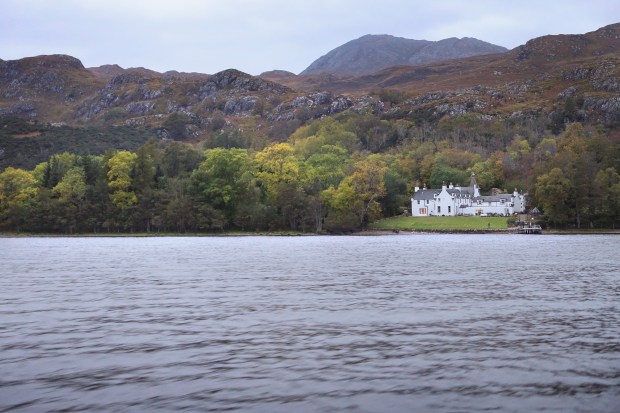Synopsis: While exploring Glasgow, Bourdain gets lessons in self-defense and how the city is using new tactics to curb violence. He also visits more than a few pubs before making his way to the Scottish Highlands, where he hikes the hilly landscape and learns the techniques of deer hunting.
On Glasgow’s violent reputation:
“Let’s face it: Detroit or New Orleans—most American cities make this town look like Club Med by comparison.”
On the popularity of Indian food:
“Indian food is, of course, huge here as it is everywhere in the U.K. You could venture to guess that the cold, damp weather causes the heart to yearn for food from spicy climates.”
On Glaswegian culture:
“There’s a terrific music scene in Glasgow. The pubs are among the finest anywhere. They say Glaswegians have more fun at a funeral than people in Edinburgh have at a wedding.”

On haggis:
“There is no more unfairly reviled food on earth than haggis. Its ingredients are, in fact, no more unusual or bizarre or unappetizing than any hot dog you ever ate. How many anal glands are in a chicken nugget? I don’t know, and I’m not suggesting there are anal glands in a chicken nugget, but would you be surprised if there were?”
Guests weigh in:
John Carnochan (former police chief): “If you’re a young boy in Scotland and you’re 9 or 10 and you’re coming home from school, a big guy beats you up, and you run home to your mum crying, you know what she’ll do? She’ll give you a cuddle, and then she’ll tell you to ‘get back out there and get him. Don’t let anybody ever do that to you. And if you need to get a stick, get a stick. If you need a brick, get a brick. Don’t let anybody do that to you.’ That’s what we do. And it makes us dangerous enemies, resourceful enemies, but it also makes us very loyal allies.”
Janey Godley (comedian): “If you say in America ‘My father’s died,’ people are immediately sympathetic. In Glasgow, if you say ‘My father’s died,’ Glaswegians say ‘What size was his shoes?’”
A.A. Gill (restaurant critic): “This is a grouse, which is the only truly wild game bird in Britain. They’re the most highly prized as a sporting bird, they’re the most difficult to shoot, but more importantly, they’re the most prized to eat.”